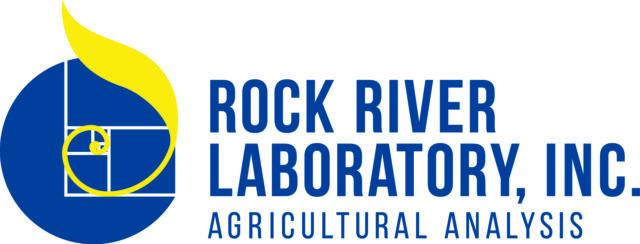Three farms – Twin Birch Dairy of New York; Threemile Canyon Farms, of Boardman, Oregon; and Rosy-Lane Holsteins LLC of Watertown, Wisconsin – were recipients of Outstanding Dairy Farm Sustainability awards. In addition to the Outstanding Dairy Farm Sustainability honorees, Turkey Hill Clean Water Partnership was recognized for Outstanding Dairy Supply Chain Collaboration, Sustainable Conservation was recognized for Outstanding Community Impact and Leprino Foods was recognized for Outstanding Dairy Processing and Manufacturing Sustainability.
Outstanding Supply Chain Collaboration
Turkey Hill Clean Water Partnership, Pennsylvania
The headwaters of what was to become the Turkey Hill Clean Water Partnership (THCWP) emerged in 2017 at the Alliance for the Chesapeake Bay’s Businesses for the Bay forum. Today, THCWP’s achievements are built on the idea that environmental conservation and sustainability are the shared responsibility of each segment of the dairy supply chain.
THCWP is a public-private partnership bringing together dairy processor Turkey Hill Dairy, the dairy farmer members of the Maryland & Virginia Milk Producers Cooperative Association (MDVA) and The Alliance for the Chesapeake Bay, a regional non-profit organization. THCWP is focused in Pennsylvania’s Lancaster County and surrounding counties, an area highly populated by small dairy operations facing economic pressures that often leave them unable to make financial investments in conservation practices.

Turkey Hill Clean Water Partnership participant Laura Landis. Photo courtesy ALH wordandimage LLC.
THCWP was created to support those farmers in adopting increased conservation standards and to dedicate dollars to pay farmers a premium for their product once conservation compliance has been achieved. The goal is to decrease phosphorus, nitrogen and sediment runoff to restore the health of the Chesapeake Bay and to achieve 100% conservation compliance among dairy farms supplying Turkey Hill Dairy with milk.
Through grants – from the USDA Natural Resources Conservation Services and the National Fish and Wildlife Federation – plus support from Turkey Hill Dairy, THCWP raised over $2 million to fund the initiative. The program pays for 100% of development and up to 75% of installing conservation and nutrient management plans. Since 2017, the partnership has helped over 160 dairy farmers develop conservation plans and funded 20 on-farm conservation projects.
Solutions like improved housing for cows, manure storage, tree planting, stream fencing, cover crops, conservation tillage and nutrient management improve the farms’ soil, water and manure management, improving local waterways and the Chesapeake Bay.

Tree planting at a dairy farm participating in the Turkey Hill project. Photo courtesy ALH wordandimage LLC.
On an annual basis, the THCWP has reduced the estimated total pollutant load by about 421,328 pounds of nitrogen, 7,198 pounds of phosphorus and 2,921 tons of sediment.
The adoption rate among farms supplying Turkey Hill Dairy is 90.5%. It takes approximately two to three months for a farm to enroll and achieve compliance. The partners evaluate the progress and success through meetings, trainings and database entry and with a monthly conference call. Third-party inspectors also track implementation progress and compliance with each state’s conservation standards and regulations.
Built to disseminate information and replicate action, the THCWP works to inspire others through speaking engagements and presentations at community events. A short film describing the partnership and a conservation exhibit has been developed for use at consumer marketing events.
The THCWP has changed relationships. One unintended benefit has been how the program has been embraced by the Amish community, which has traditionally eschewed government intervention. The THCWP also encourages consumers to “join” the partnership by taking water quality improvement actions on their own properties to improve water quality.
The THCWP has also begun to inspire others into action. MDVA plans to expand conservation plan development and implementation technical assistance to member farmers in other counties and, with the support of the alliance, established a similar program with Nestlé USA and with regional grocer Giant of Landover. Together, these supply chain partnerships are making it easier for dairy farmers and consumers to reduce their impacts on local waterways flowing into the Chesapeake Bay and tell the dairy sustainability story.
By generated positive public attention and demonstrating their shared social responsibility goals, the THCWP partners are having a positive impact in the dairy value chain and ecosystem.











